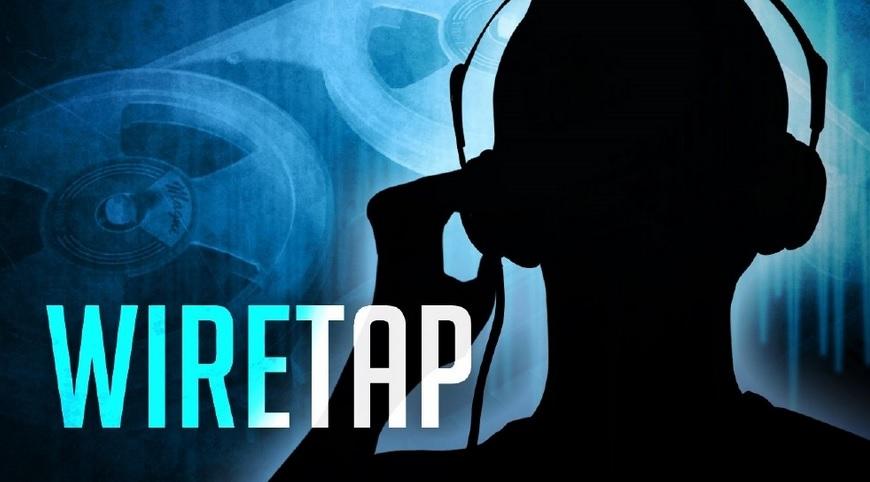He had also asked for data related to the number of times an agency had sought permission to tap phones and about permissions being denied by the ministry.
The applicant did not seek any specific details such as cases, individuals, file noting from the ministry.
The Home Ministry invoked three exemption clauses from the RTI Act to withhold the information without giving any reasons. Giving reason is mandatory in case information is being denied by a public authority.
The ministry took refuge under Section 8(1)(a) of the RTI Act to withhold data. The section exempts disclosure of information that will prejudicially affect the sovereignty and integrity of India, the security, strategic, scientific or economic interests of the State, relation with foreign State or lead to incitement of an offence.
It also cited section 8(1)(g) which exempts information that would endanger the life or physical safety of any person or identify the source of information or assistance given in confidence for law enforcement or security purposes.
Section 8(1)(h) for the information which would impede the process of investigation or apprehension or prosecution of offenders was also cited by the ministry.
“This is absolute nonsense. These clauses cannot be applied in such a summary manner. It was a wrong order from the Central Public Information Officer (CPIO).
“Such details should have been publicly displayed under Section 4 of the RTI Act. Whenever such exemptions are invoked strong reasons must be given to justify them,” former Central Information Commissioner Shailesh Gandhi told PTI.
He said such “irresponsible orders” are increasing from the government as information commissioners are lenient on such CPIOs and do not impose penalty on them.
“The commissioners are hearing cases after two-three years of response because of pending cases. Even then they are not imposing penalties which is promoting such attitude among CPIOs as they feel they can get away with such responses,” he said.
RTI activist Venkatesh Nayak also alleged that this was a wrong order from the CPIO.
“The lawful interception or phone tapping is done by law enforcement agencies, duly authorised by Central and State governments under the classified legal regime, if required, as per provisions contained in section 5(2) of the Indian Telegraph Act, 1885 read with rule 419-A of the Indian Telegraph, 1951 or Section 69 of the IT Act 2000 read with the Information Technology (procedure and safeguards for interception, monitoring and decryption of information) rules, 2009,” the ministry has said. (Agencies)


Comments are closed.